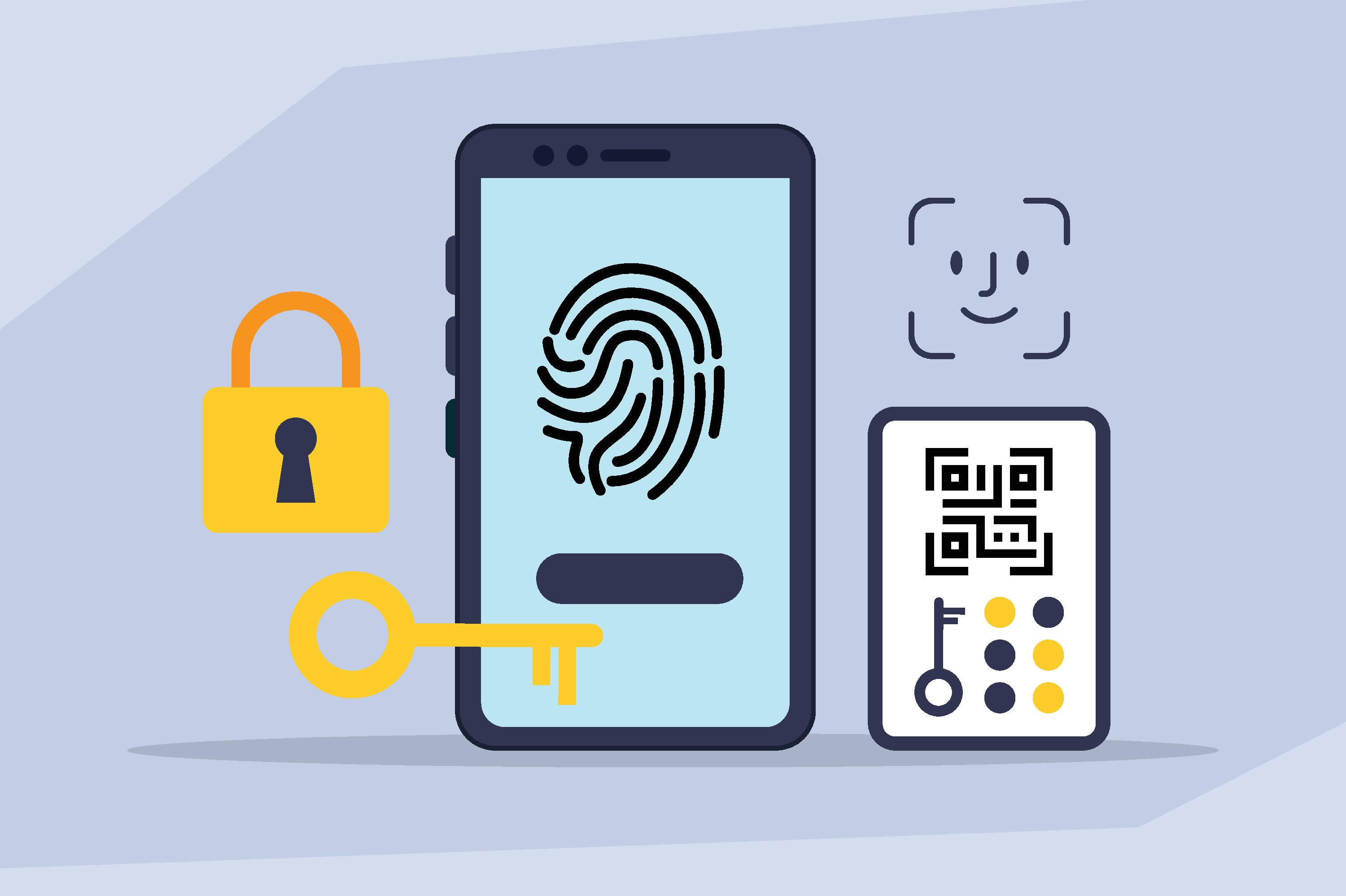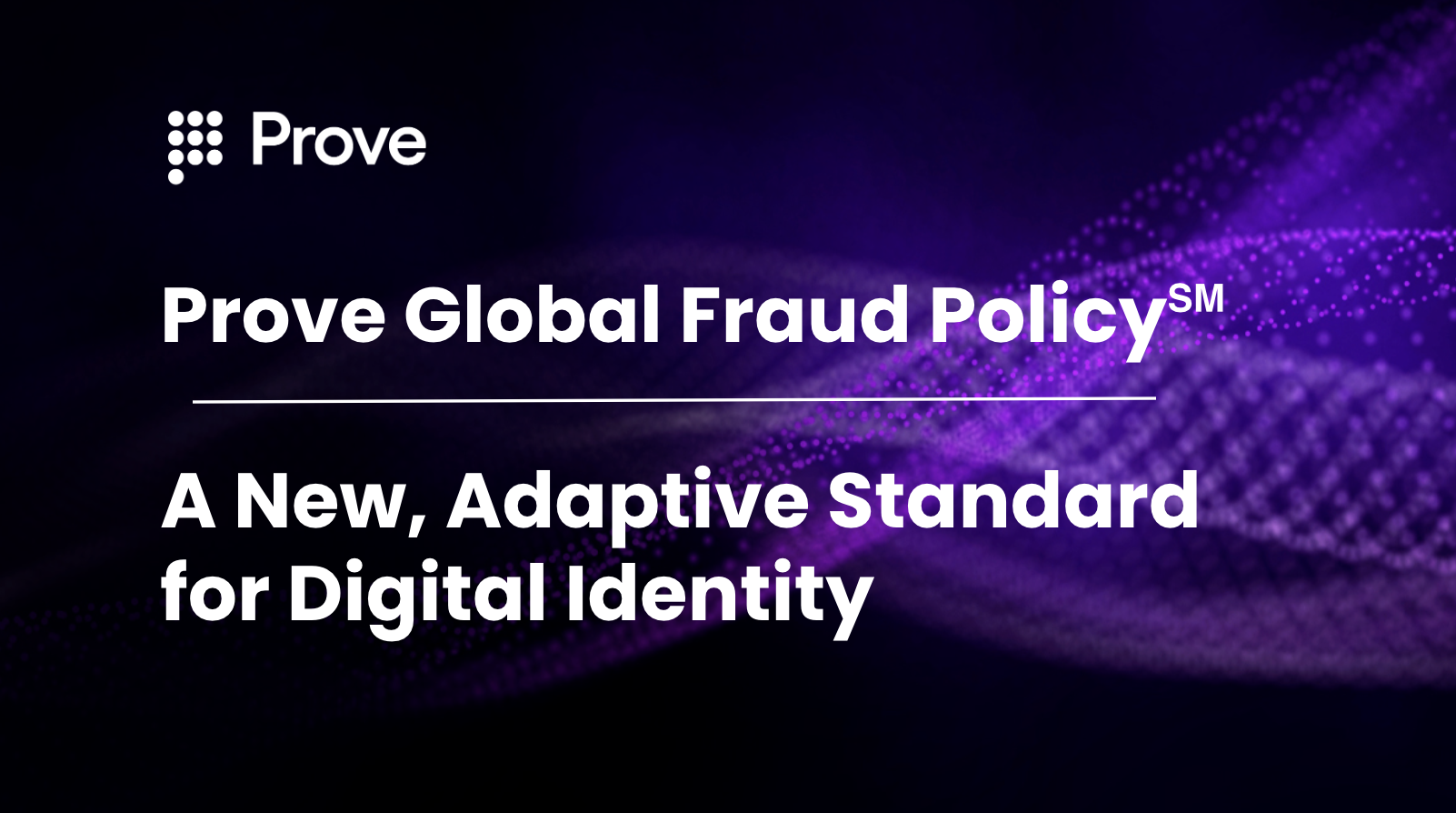4 Multi-Factor Vulnerabilities to Watch Out For

Black Friday is right around the corner and while bargain hunters are preparing to find the best deals, fraudsters are making plans to prey on unsuspecting consumers. If your company uses multi-factor authentication (MFA) such as one-time SMS passwords (OTPs) to safeguard customer accounts, you might think you’re covered. But our recently published analysis of over 385,000 retroactive SMS & Voice OTP transactions, conducted using our Trust Score™ technology, unearthed 4 concerning multi-factor authentication vulnerabilities:
- FinTech and e-Commerce/Retail may be particularly at risk. The analysis shows 2X and 18X higher chances, respectively, for low Trust Score transactions in these sectors.
- 2.5% of mobile MFA transactions were found to have low Trust Scores
- 5% of mobile transactions had low SIM tenure, indicating potentially fraudulent SIM swaps
- 10% of multi-factor authentication transactions were over Non-Fixed VoIP (voice over internet protocol, i.e. virtual phone numbers not tied to a physical address) lines. This increase in non-mobile device types is concerning because it indicates a potential opportunity for bad actors.
Download the report
The analysis indicates possible vulnerabilities in companies’ current multi-factor authentication processes, which may be unknown to the companies themselves. These results point to both major information deficits, such as outdated customer information, as well as risks that are not being addressed by in-place security measures, leaving companies and customers vulnerable to bad actors. The study also shows that these multi-factor authentication concerns can be addressed by fortifying one-time passwords with a trust indicator such as Prove’s Trust Score, which uses behavioral and phone intelligence signals to measure fraud risk and identity confidence.
Are your MFA transactions vulnerable?
Learn more about the Trust Score here

Keep reading
 Read the article: Beyond the OTP: Why SMS-Based 2FA Is Failing and What Comes Next
Read the article: Beyond the OTP: Why SMS-Based 2FA Is Failing and What Comes NextExplore the classic conflict between security measures and user friction.
 Read the article: Anatomy of an Account Takeover Attack: Analysis and Response Plan
Read the article: Anatomy of an Account Takeover Attack: Analysis and Response PlanLearn practical strategies for handling identity verification API errors or no-match responses. Explore fallback methods and clear communication tactics to ensure a smooth, user-friendly experience.
 Read the article: Prove Global Fraud Policy℠: A New, Adaptive Standard for Digital Identity
Read the article: Prove Global Fraud Policy℠: A New, Adaptive Standard for Digital IdentityIntroducing the Global Fraud Policy (GFP), Prove’s new unified, adaptive fraud-defense engine that replaces fragmented, custom rules with a single, comprehensive policy that automatically updates as new threats emerge. This forward-looking framework helps businesses anticipate and respond to evolving threats like GenAI deepfakes, synthetic identities, and eSIM bots, protecting customers at scale.













